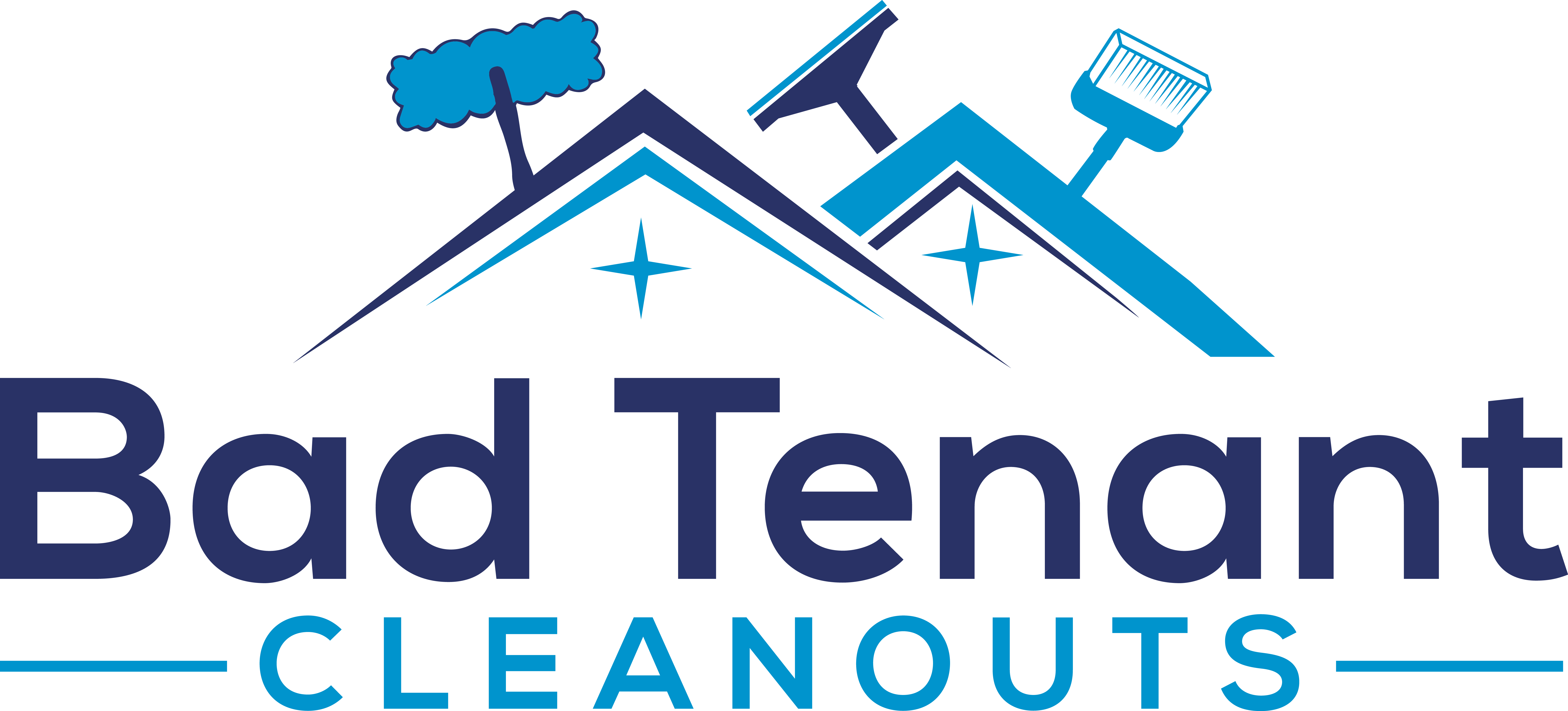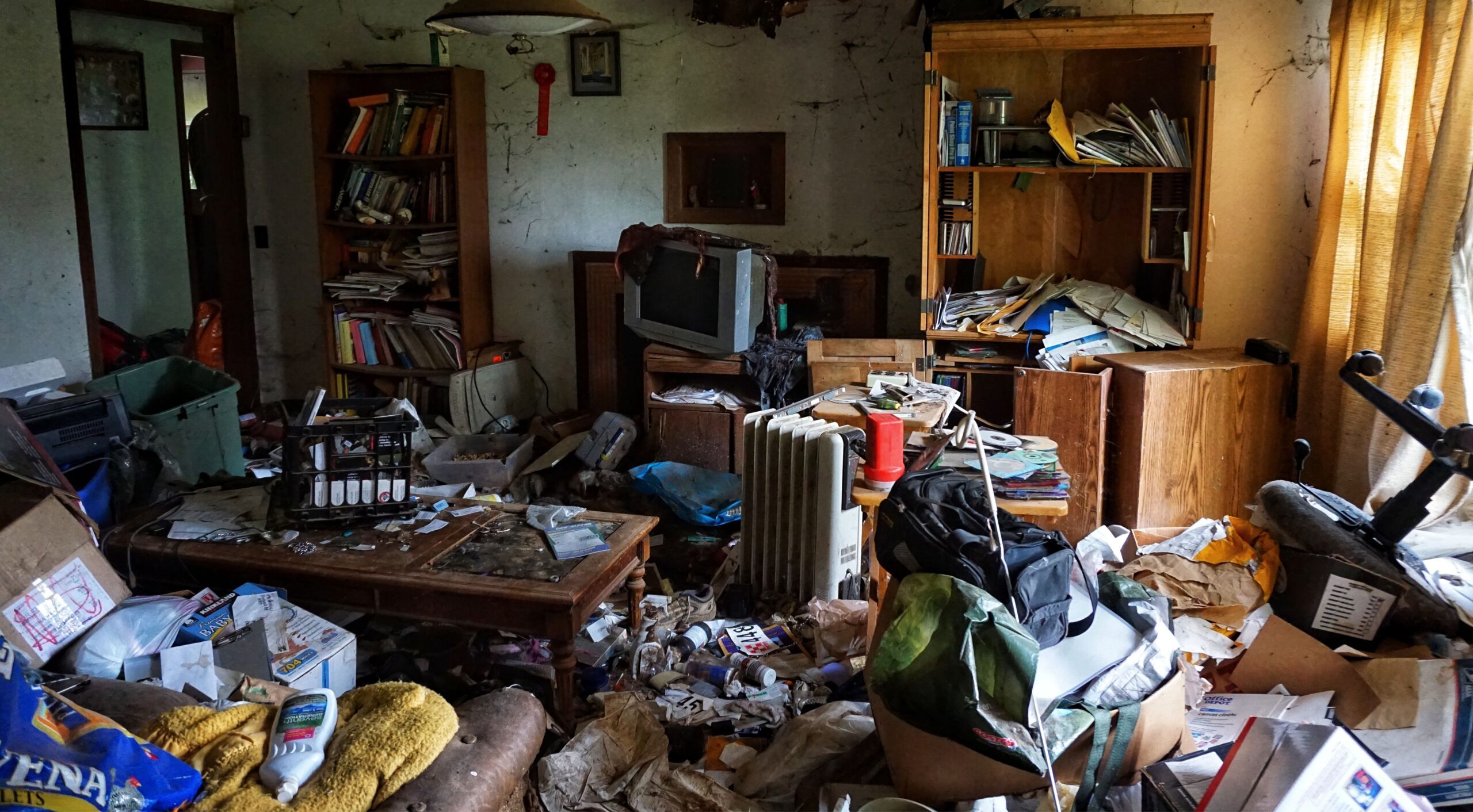A Comprehensive Guide to Landlord Insurance in Ontario
Owning rental property in Ontario comes with several responsibilities, from finding good tenants to maintaining the property. One crucial responsibility that sometimes gets overlooked is ensuring you have adequate landlord insurance. Many landlords assume that a standard homeowners’ insurance policy is enough to cover their rental properties, but this can leave them exposed to significant financial risks.
In this comprehensive guide, we’ll explain what landlord insurance is, what it typically covers, and why it’s essential for property owners in Ontario.
What is Landlord Insurance?
Landlord insurance is a specific type of policy designed to protect property owners who rent out their residential or commercial properties. While homeowners’ insurance policies are tailored to people living in their own homes, landlord insurance offers additional protections that cover the unique risks landlords face.
It generally includes coverage for the building, liability protection, and loss of rental income. Having this type of insurance ensures that landlords are protected from financial loss if their rental property is damaged, a tenant causes injury, or if other unexpected incidents occur.
Key Differences Between Homeowners and Landlord Insurance
It’s important to note that a standard homeowners’ policy usually doesn’t cover rental activities. Here are the main distinctions:
- Homeowners’ insurance is for owner-occupied properties, providing coverage for the homeowner’s personal belongings and liability.
- Landlord insurance is for non-owner-occupied rental properties and includes coverages that account for tenant-related risks, loss of rent, and additional liability protection specific to renting out a property.
Why is Landlord Insurance Important?
Being a landlord comes with several risks that standard insurance may not cover. Some of the key reasons why landlords in Ontario need specialized insurance include:
- Protection from Property Damage
- Whether it’s from fire, water, vandalism, or natural disasters, property damage can lead to costly repairs. Landlord insurance covers damages to the building structure, ensuring that your investment is protected in the event of an unexpected incident.
- Liability Coverage
- Landlords face legal risks, including lawsuits from tenants or visitors who are injured on the property. If a tenant or their guest is injured and claims that it was due to unsafe conditions (e.g., a broken step or faulty wiring), the landlord could be held liable. Landlord insurance provides liability coverage for legal costs and settlements in such cases.
- Protection from Tenant Damage
- While tenants are expected to keep the property in good condition, accidents or negligence can result in property damage. Some landlord insurance policies cover tenant-caused damage, saving you from bearing the full cost of repairs or replacements.
- Loss of Rental Income
- If your rental property becomes uninhabitable due to damage (for example, after a fire or flood), you may lose rental income. Landlord insurance can help compensate for lost rent while repairs are being made, ensuring that your income stream isn’t disrupted.
- Coverage for Vacant Properties
- If your rental property is vacant for an extended period (for instance, between tenants), there may be higher risks of vandalism, theft, or weather-related damage. Some landlord insurance policies include coverage for these situations, ensuring you’re protected even when the property is unoccupied.
What Does Landlord Insurance Typically Cover?
Landlord insurance can vary based on the provider and the type of property being insured, but most policies offer the following core coverages:
1. Property Coverage (Building Insurance)
- This covers the physical structure of the rental property, including any attached structures like a garage or shed. If the property is damaged due to a covered peril, such as fire, windstorm, or vandalism, the insurance will pay for repairs or rebuilding.
- Some policies also cover detached structures on the property, such as fences, gates, or detached garages, although you may need to ensure these are included.
2. Contents Insurance
- This coverage protects any items you own that are kept in the rental property, such as appliances, furnishings, or maintenance equipment. Note that this does not cover the tenant’s personal belongings, as they are responsible for insuring their own possessions through tenant insurance.
- If you provide a fully or partially furnished rental unit, this coverage is particularly important.
3. Liability Coverage
- Landlord liability insurance covers legal expenses and compensation if a tenant, visitor, or third party is injured on the rental property due to landlord negligence. For example, if a tenant slips on an icy sidewalk that you failed to maintain, they could file a lawsuit for medical expenses and damages.
- Liability coverage typically includes medical payments, legal defense fees, and settlements or judgments, up to the policy limit.
4. Loss of Rental Income (Fair Rental Value Coverage)
- If the rental property becomes uninhabitable due to damage from a covered peril, you may lose income while the property is being repaired. Loss of rental income coverage compensates you for the rental income you would have received during the repair period.
- This is often referred to as “rental income protection” or “fair rental value” coverage and is especially important for landlords who rely on rental income to cover mortgage payments or other expenses.
5. Optional Coverage Add-Ons
Depending on the insurance provider, landlords may have the option to purchase additional coverage, such as:
- Flood or Earthquake Insurance: Standard landlord insurance policies typically exclude natural disasters like floods or earthquakes. These can be added on for additional protection.
- Equipment Breakdown: Covers repair or replacement costs for major appliances or systems (e.g., HVAC, electrical, or plumbing) if they break down unexpectedly.
- Tenant Default Insurance: Some insurers offer coverage that compensates landlords if tenants fail to pay rent.
Key Considerations When Choosing Landlord Insurance
When purchasing landlord insurance, it’s important to select a policy that meets your needs. Here are some factors to consider:
1. Type of Rental Property
- Is the property a single-family home, multi-unit dwelling, or condominium? Different types of properties may have different risks, and your insurance policy should reflect those risks. For instance, multi-unit buildings might require higher liability coverage due to the higher number of occupants.
2. Location of the Property
- The location of your rental property can affect your insurance needs. If the property is in a high-crime area, you may want to increase your coverage for vandalism or theft. Similarly, properties in flood-prone areas might need flood insurance, even if it’s not part of the standard policy.
3. Vacancy Clauses
- Some policies exclude or limit coverage for properties that are vacant for a certain period. If your property is often unoccupied for long periods (for example, if you rent out a vacation home or you have extended tenant turnover), make sure to inquire about vacancy clauses in the policy.
4. Policy Limits and Deductibles
- Each policy has a coverage limit, which is the maximum amount the insurance company will pay for a covered loss. Ensure the limits are high enough to cover the full replacement cost of the property in case of a total loss.
- The deductible is the amount you will pay out of pocket before the insurance kicks in. Higher deductibles usually result in lower premiums, but you must be prepared to pay more upfront if something happens.
5. Tenant Insurance Requirement
- While landlord insurance doesn’t cover tenants’ personal belongings, some landlords require tenants to purchase tenant insurance. Tenant insurance protects the tenant’s belongings and includes liability coverage for incidents like accidentally damaging the landlord’s property.
Costs of Landlord Insurance in Ontario
The cost of landlord insurance in Ontario can vary depending on several factors, including the location, type, and size of the rental property, and the level of coverage chosen. On average, premiums range between $800 and $2,000 annually, but this can fluctuate based on:
- Property location and local risks (e.g., crime rates, natural disaster risks).
- The age and condition of the property.
- Whether the rental property is vacant or occupied.
- The level of coverage and add-ons chosen (e.g., liability limits, loss of rental income protection).
To find the best rates, it’s advisable to shop around, compare quotes from different insurers, and consider bundling your landlord insurance with other policies (like auto insurance) for discounts.
Landlord Insurance in Ontario
Landlord insurance is a critical investment for any rental property owner in Ontario. It provides a safety net for landlords, protecting against potential financial losses from property damage, liability claims, and loss of rental income. While it may seem like an added expense, having the right coverage can save landlords thousands of dollars in the long run and offer peace of mind.
Before purchasing a policy, carefully assess your property’s unique risks, compare policies from different providers, and ensure that the coverage meets your needs. By securing a comprehensive landlord insurance policy, you can safeguard your investment and navigate the challenges of property ownership with confidence.


